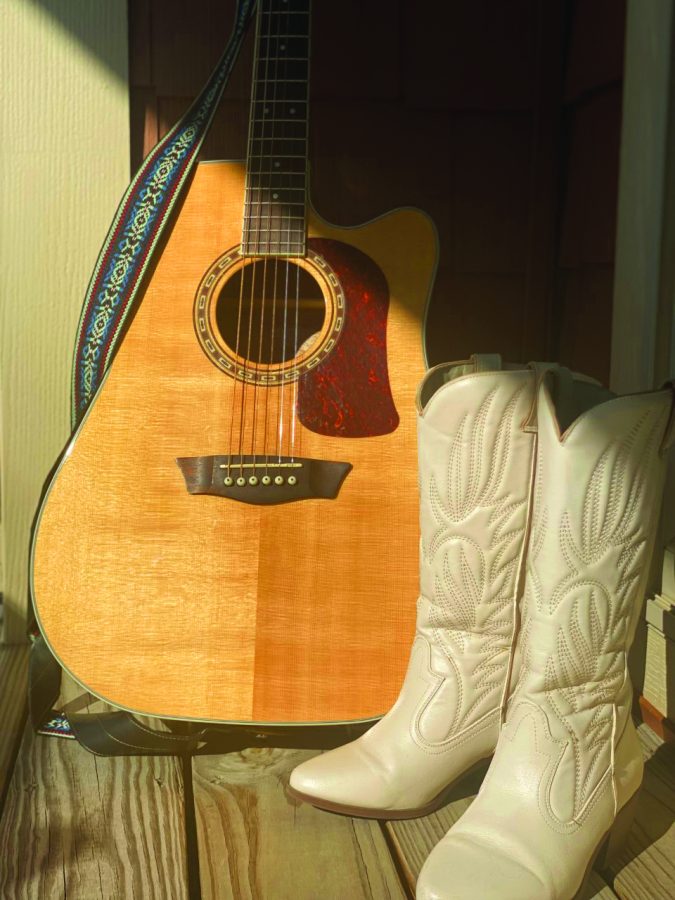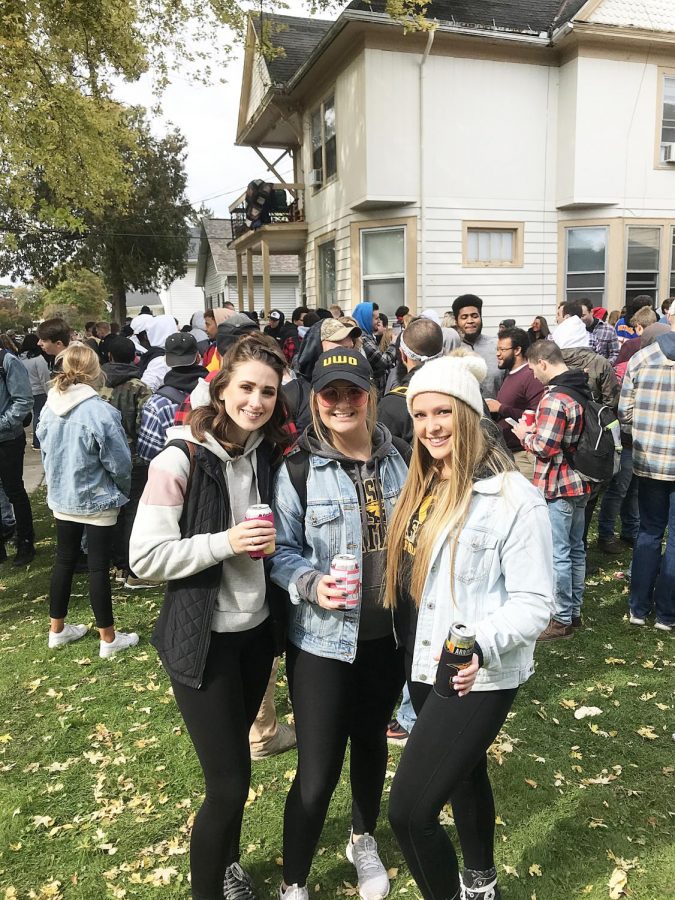
College years are the perfect time for students to dig deeper within themselves, discover what grows within and show off their shining findings to the rest of the world.
By this time in the semester, many first-time UW Oshkosh students are starting to realize something: going to college is a much different experience than attending high school or spending time at home.
In high school, dress codes dictated what we wore from head [covered in naturally colored hair] to toe [concealed by rules that banned wearing sandals].
Many of our parents have pushed, however kindheartedly, their beliefs and opinions onto their children. Even our bodies have been no sacred temple to judgment when it comes to others’ thoughts about them.
For most of us, our lives up until when we came to college consisted of others telling us what to do. While a certain degree of what we’re told is educational and necessary to our self-growth, it becomes necessary at this point in our lives that we begin to be responsible for ourselves.
We develop our own opinions and beliefs, dress how we like and begin to pursue the interests that will, with any luck, land us ideal future careers.
Self-expression isn’t that easy for many students, especially those who have felt repressed from being themselves at home and in their years before attending college.
“When I’m at home, I feel really self-conscious,” fourth-year UWO student Gwendolyn Dahlin said. “When I’m here [at school] I’m able to wear what I want, express myself the way I want to and just be completely open and authentic. When I’m at home I don’t feel okay expressing gender, I don’t feel okay dressing how I want to; I don’t feel okay just being myself.”
For students who feel this way, whether it’s about gender or other forms of self-expression like religious and political beliefs, college can be a place to fully express themselves without fear of judgment.
“Here at school I’m able to find a community for myself to fit into and just be who I want to be, rather than who other people expect me to be,” Dahlin said.
For others, the first year of college is less about unraveling an identity that has been long repressed and more about simply opening up more.
First-year student Alex Johnson said he felt he expressed himself the same amount at home compared to here on campus, but he aimed to become more outgoing while attending UWO.
“It’s like a new start, so nobody knows me as like, the quiet kid anymore,” Johnson said. “And so I feel like if I can change that, everything’ll go easier.”
An interview with third-year student Marissa Pierce on the subject of self-expression turned into an hour-long conversation on the varying atmospheres of home and campus.
She explained, with her hands clasped together, that she felt like at first kids and their parents were connected—like the hands; but at a certain point they broke apart and the young adult had to start on a path to becoming their own person. She unclasped her hands to demonstrate the break.
“I feel like I have an alter ego at home,” Pierce said later, talking about how her mother often policed the clothes she wore for being too short or tight, even making comments about her daughter’s body itself, suggesting she drop a few pounds to get into shape.
At this point in the conversation, Pierce stood up from her chair and put her hands on her stomach saying, “When I stand up, you can see this.” She emphasized the lack of flatness in the skin she was holding onto.
Pierce made a strong point of arguing that she didn’t believe her body shape was at all relevant here on campus, where she described herself as feeling healthier mentally, physically and emotionally.
“That’s what I love about this school,” Pierce said.
UWO does not police what clothing students choose to wear, while her high school often ordered girls not to wear clothing they believed would prove distracting to male students.
“I’m here to get an education,” Pierce said. “Do my clothes matter? No.”
“They make me feel good,” Pierce said about the clothes she wore, going on to explain that in the past few years she has been learning to accept herself as she is and to wear what she likes.
“That’s what matters—how you feel,” Pierce said. “You’re you. Nobody else can be you. In college, you see a lot of people expressing themselves. I think that’s awesome.”
A Huffington Post article lists many factors that can contribute to our loss of faith in ourselves: “Shyness. Fear of being judged. Fear of making a fool of ourselves. Fear of failure. Fear of rejection.”
These emotions often stem from basic lines of thinking such as “There is something wrong with me,” or “I’m not worth it.” These ideas plant themselves inside us when we’re young and only grow larger over time when our peers, parents and institutions water them with body-shaming and other forms of judgment.
After a while we might even start believing the negativity and fostering it.
Each of us is worth the effort of the self-exploration that leads us to finding new interests, beliefs and methods of presenting ourselves to the world, whether they’re visible in our clothes, hair or otherwise.
We owe it to ourselves to make the kind of friends and discover the kind of places that will accept us as we are, and encourage us to grow in positive ways, not negative ones.
Learning to accept one’s self can be difficult, especially when one has spent most of their life being told how to exist rather than deciding how they want to do so and going from there.
College years are an opportunity to explore ourselves and our interests away from home and the negative external pressures of our pasts.
Here we can join a club that features an activity we’ve never done before but have always wanted to try, meet some new friends different from the ones we’ve had in the past or dye our hair the color our parents were always telling us not to.
Being here on campus is a chance for us to change ourselves into the people we will be for the rest of our adult lives, and it’s an excellent one at that.
















